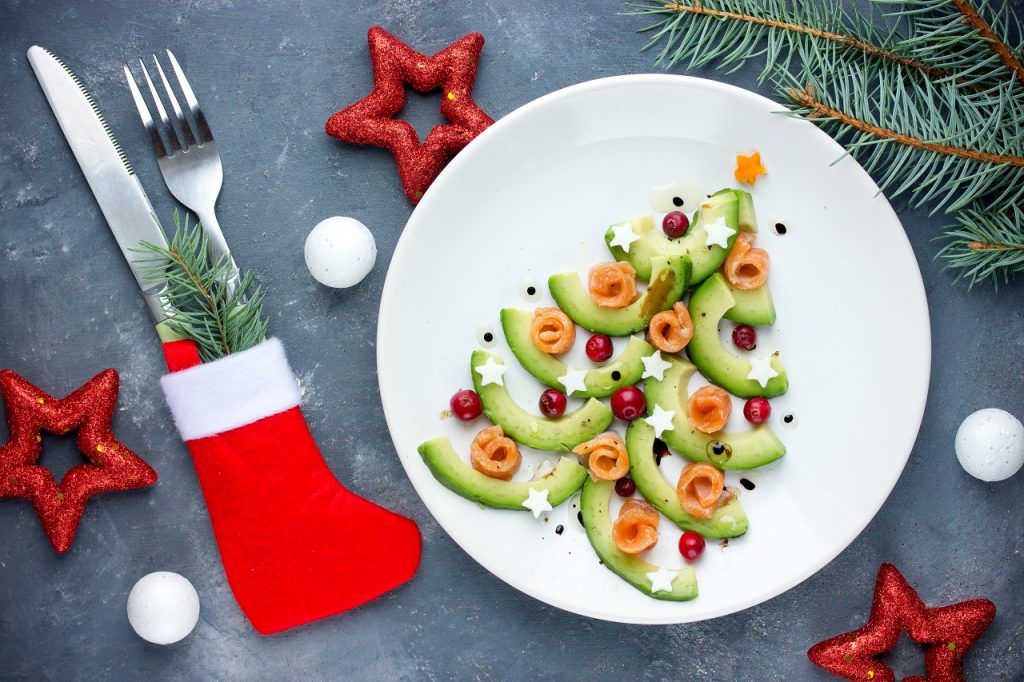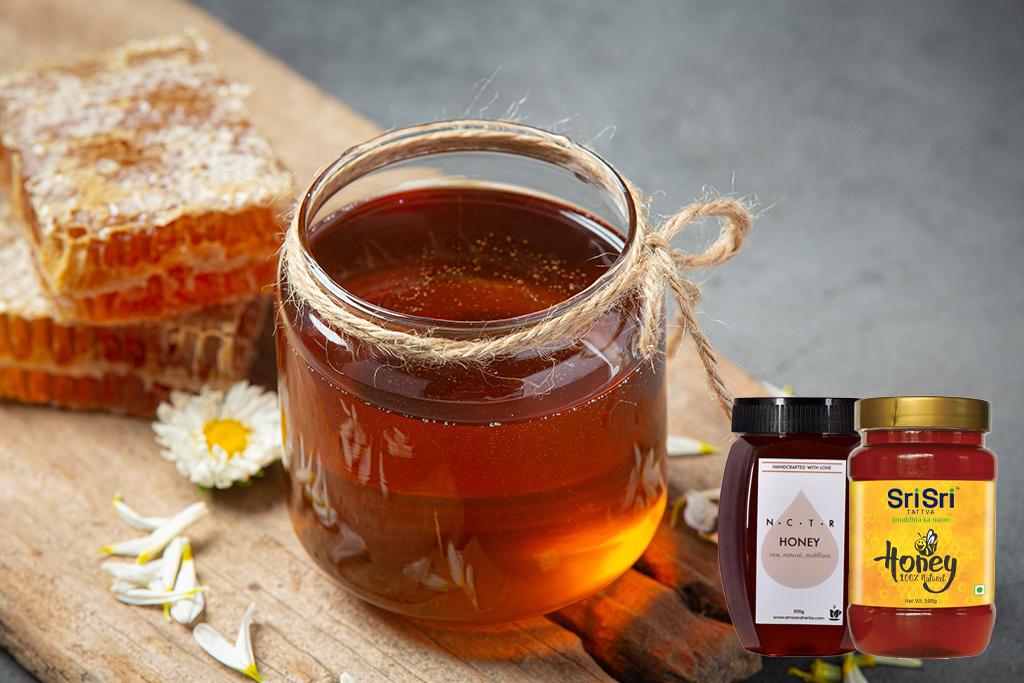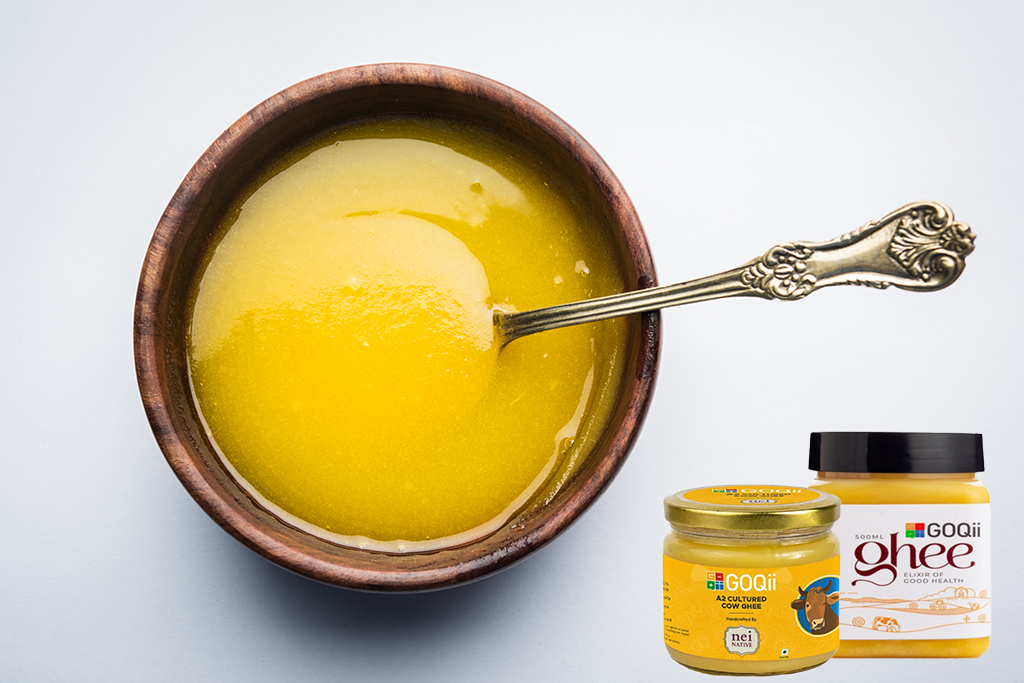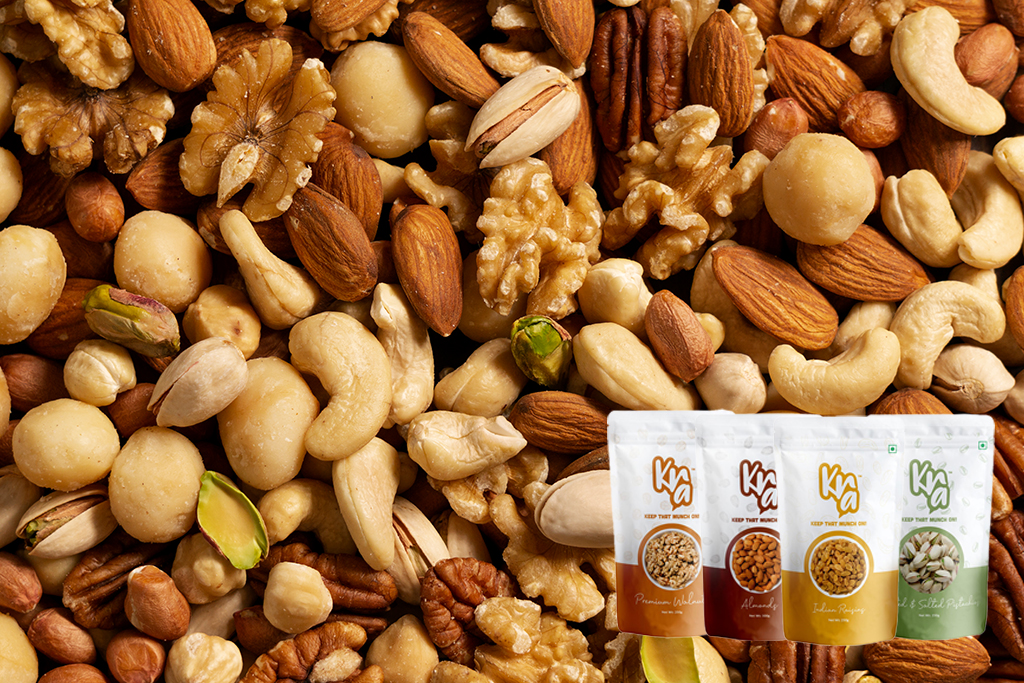 It’s precisely between this week and January 1st when people tend to put on most of their weight. There are two reasons for this – The crazy festive season filled with weddings and parties followed by Christmas, New Year’s Eve and the tendency to let loose during this time, with the justification that they’ll start fresh with ‘healthy new year resolutions’ in January.
It’s precisely between this week and January 1st when people tend to put on most of their weight. There are two reasons for this – The crazy festive season filled with weddings and parties followed by Christmas, New Year’s Eve and the tendency to let loose during this time, with the justification that they’ll start fresh with ‘healthy new year resolutions’ in January.
- What if I told you that you could enjoy this season and it wouldn’t impact your weight?
- What if I told you snacking on a cookie or dessert occasionally wouldn’t effect your weight goals?
- What if you could eat rice, roti (Indian flat bread), and bread at lunch and dinner without it impacting your weight or health?
- What if you could enjoy this festive season, have loads of fun, eat your favorite foods and still maintain your health and weight?
The human body is a miracle, and we are living examples of this miracle. The way our brain and body function, blood flow, smell, feelings, emotions, the ability to recover from the deadliest of diseases and the ability of our cells to heal and repair – is nothing short of extraordinary. Every day, trillions of cells in our body work non-stop to fight off germs and bacteria that could otherwise make us very sick or even threaten our lives. This miracle is called immunity.
Our stomach produces enough acid to dissolve a razor blade. Such is the power of our digestive system. So what’s an ice-cream, chocolate bar, or cookie going to do when it enters our stomachs? Our body is made to digest even the toughest foods. Red meat, for instance, is hard to digest, but the body will break it down. Vegetarians don’t escape either—cellulose in vegetables is extremely difficult to break down, but the body eventually does the job. This is one reason vegetarians may experience more flatulence than non-vegetarians.
The body can break down meats, vegetables and desserts alike! The secret lies in the ‘chew’. Food tastes so good because you’re meant to enjoy it—slow down and savor it, not just rush it to your stomach.
How Does Chewing Thoroughly Help?
Chewing your food thoroughly is actually the first step in the complex process of digestion, and if you compromise this process, a common mistake, it can affect your overall health.
We have teeth not just to smile for a pretty picture but primarily to tear down and break up food into small bits. Saliva mixes with these small bits, further softening them.
Let’s dive into the basics:
Why Should You Chew Your Food Thoroughly?
When you chew, more saliva gets produced and your saliva contains enzymes that break down FATS and CARBS. Yes!!! Digestion starts in the MOUTH! By the time your food reaches your stomach, it’s already processed by enzymes, making it easier for your stomach to complete the digestion process.
- You feel light
- You feel full for a longer period of time.
- You reduce flatulence, gas, indigestion and burping.
- You learn to savor and enjoy the taste of your food.
- Your body absorbs all the goodness of your food (vitamins, minerals) better.
- You eat just the amount your body needs to maintain or achieve a healthy weight.
Imagine all the times you’ve gobbled down your food. You’re left with undigested chunks sitting in your stomach, causing gas, discomfort, and increasing the chances of food converting to fat.
Chew your food. Enjoy a dessert, but eat it slowly and savor it. Over time, you’ll learn not to overindulge. The more you chew your food, the cleaner you keep your intestines, stomach and colon because the body can cleanse itself more effectively when digestion happens correctly. Say goodbye to constipation, fatigue, and migraines.
Try This Exercise Today!
At your next meal, eat slowly. Take a spoonful of food, chew it several times, savor the flavor and taste, then swallow. Put your spoon down before taking the next bite.
You’ll find yourself getting fuller quickly and will naturally eat less. This habit helps you save calories over time. Eventually, you’ll serve yourself smaller portions—fewer calories mean better health, a longer life, and a healthy weight.
Take one serving spoon less at every meal, chew thoroughly, and eat slowly. You’ll find that this is enough. All these saved portions add up to a significant calorie reduction, helping you lose fat and feel healthier.
Most diseases are caused by overeating. Even if you think your portions are appropriate, eating too quickly can lead to overconsumption. Chewing thoroughly ensures you eat mindfully, eliminating the need for restrictive diets.
Meal times are sacred—they’re your personal moments to nourish and care for your body. Respect this time, as it’s essential for keeping you healthy and strong.
This is a lifestyle change and if you master it, you can enjoy all your favorite foods in moderation.
We hope this article helps you make that lifestyle change. For more tips like this, check out Healthy Reads or ask a GOQii Coach by subscribing for Personalised Health Coaching here.
#BeTheForce
 The holiday season is upon us! These next few days are filled with celebrations and it’s also a time when many people choose to get married. With multiple weddings, get-togethers, picnics, outings or even vacations, how does one resist overeating and avoid skipping workouts? You don’t necessarily need to be a monk. You can still enjoy yourself and keep your holidays healthy! Here are some simple tips to help you stay healthy while having fun at the same time!
The holiday season is upon us! These next few days are filled with celebrations and it’s also a time when many people choose to get married. With multiple weddings, get-togethers, picnics, outings or even vacations, how does one resist overeating and avoid skipping workouts? You don’t necessarily need to be a monk. You can still enjoy yourself and keep your holidays healthy! Here are some simple tips to help you stay healthy while having fun at the same time! It’s that time of the year when you reconnect with your loved ones for celebrations such as singing carols, dancing and most importantly – food! As we are nearing the closure of this year, I am drowned in sweet memories of Christmas Celebrations at school and with my friends and family. It’s a time to gorge on some festive food. But, the dilemma with most is how do you gorge on food and yet keep it healthy. After pondering over it for the past few days, here are some recipes which I have planned for my Christmas and New Year Eve parties.
It’s that time of the year when you reconnect with your loved ones for celebrations such as singing carols, dancing and most importantly – food! As we are nearing the closure of this year, I am drowned in sweet memories of Christmas Celebrations at school and with my friends and family. It’s a time to gorge on some festive food. But, the dilemma with most is how do you gorge on food and yet keep it healthy. After pondering over it for the past few days, here are some recipes which I have planned for my Christmas and New Year Eve parties. The holiday season is here! There’s a reason why most people deem this as the best part of the year. Apart from sweets, parties, family get-togethers et al, there’s one more thing to look forward to – GIFTS! There’s not a single soul that doesn’t like or appreciate presents but when you’re on the end that has to do the giving, it can get a little challenging. If you still haven’t decided what to gift your loved ones, let us be your little helpers with our team of experts who have curated the best gifts for a healthy Christmas!
The holiday season is here! There’s a reason why most people deem this as the best part of the year. Apart from sweets, parties, family get-togethers et al, there’s one more thing to look forward to – GIFTS! There’s not a single soul that doesn’t like or appreciate presents but when you’re on the end that has to do the giving, it can get a little challenging. If you still haven’t decided what to gift your loved ones, let us be your little helpers with our team of experts who have curated the best gifts for a healthy Christmas!  Nothing says sweet like
Nothing says sweet like 
 Self-care is one of the ultimate signs of self-love and those who love themselves, radiate positivity and confidence! When you want what’s best for your loved ones, help them love themselves with a little bit of self-care.
Self-care is one of the ultimate signs of self-love and those who love themselves, radiate positivity and confidence! When you want what’s best for your loved ones, help them love themselves with a little bit of self-care. 
 Opt for a classic and healthy choice – dry fruits. Packed with essential nutrients, these make for a delightful and nutritious gift. Create a personalized dry fruit hamper for your friends and family to enjoy during the festive season.
Opt for a classic and healthy choice – dry fruits. Packed with essential nutrients, these make for a delightful and nutritious gift. Create a personalized dry fruit hamper for your friends and family to enjoy during the festive season.


